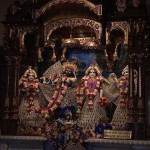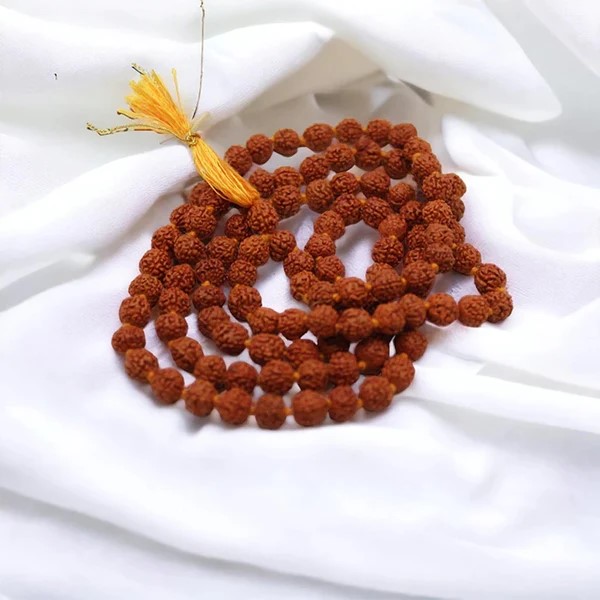The 5 Mukhi Rudraksha, also known as the 5-faced Rudraksha, is among the most famous and extensively used Rudraksha beads. The 5 Mukhi Rudraksha, renowned for its spiritual and health advantages, is an effective instrument for meditation, prayer, and overall well-being. When strung together as a mala of 108 beads, it creates an even more powerful ornament for both men and women. This tutorial delves into the history, importance, benefits, and practical applications of using a 5 Mukhi Rudraksha mala.
Origins and Mythological Significance of the 5 Mukhi Rudraksha
The term "Rudraksha" is derived from the Sanskrit terms "Rudra" (the name of Lord Shiva) and "Aksha" (eyes). According to Hindu mythology, Rudraksha beads came from Lord Shiva's tears. When Shiva meditated for the well-being of humanity, his tears of compassion flowed to the ground, giving birth to the Rudraksha trees.
The 5 Mukhi Rudraksha is particularly significant because it signifies Lord Shiva's five forms, which correspond to the five elements (earth, water, fire, air, and ether). It is related with the planet Jupiter and is said to give tranquility, health, and spiritual progress on the wearer.
Aesthetic and Spiritual Appeal of 5 Mukhi Rudraksha Malas
A 5 Mukhi Rudraksha mala is not only a spiritual instrument, but also an attractive and symbolic ornament. Here's what makes these malas appealing to both men and women:
Aesthetic Appeal: The natural brown hue and distinct texture of Rudraksha beads give the mala an earthy, timeless appearance. A 5 Mukhi Rudraksha mala can be worn around the neck or wrist and complements both casual and formal clothes, making it a versatile ornament.
Spiritual Significance: Wearing a Rudraksha mala acts as a continual reminder of spiritual aims, which can help with meditation and focus. The beads are thought to emanate positive energy, which balances the wearer's mind, body, and spirit.






Comments